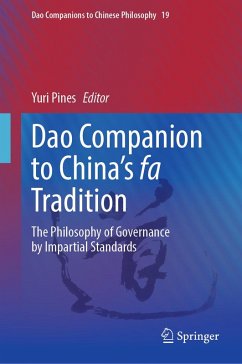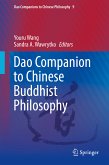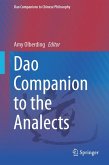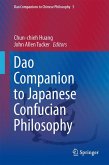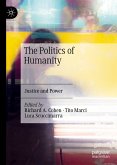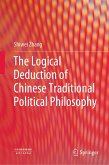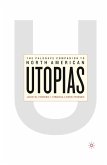The first of four parts introduces major texts and thinkers of the fa tradition from the Warring States (453-221 BCE) to the Former Han (206/202 BCE-9 CE) periods. The second part analyzes the major ideas of the fa texts, including concepts of fa and their implementation in political and legal spheres, views of human nature, state-society relations, rulership, morality in politics, the evolutionary view of history, and philosophy of language. The third part focuses on the changing attitudes toward fa ideas in imperial and modern China. The fourth part explores the ideas of fa advocates from a comparative perspective-both against intellectual currents in early China and Western traditions such as Machiavellianism and totalitarianism. This book serves as a reference for students and researchers in ancient Chinese history and thought, and comparatists in the field of political philosophy.
Dieser Download kann aus rechtlichen Gründen nur mit Rechnungsadresse in A, B, BG, CY, CZ, D, DK, EW, E, FIN, F, GR, HR, H, IRL, I, LT, L, LR, M, NL, PL, P, R, S, SLO, SK ausgeliefert werden.

